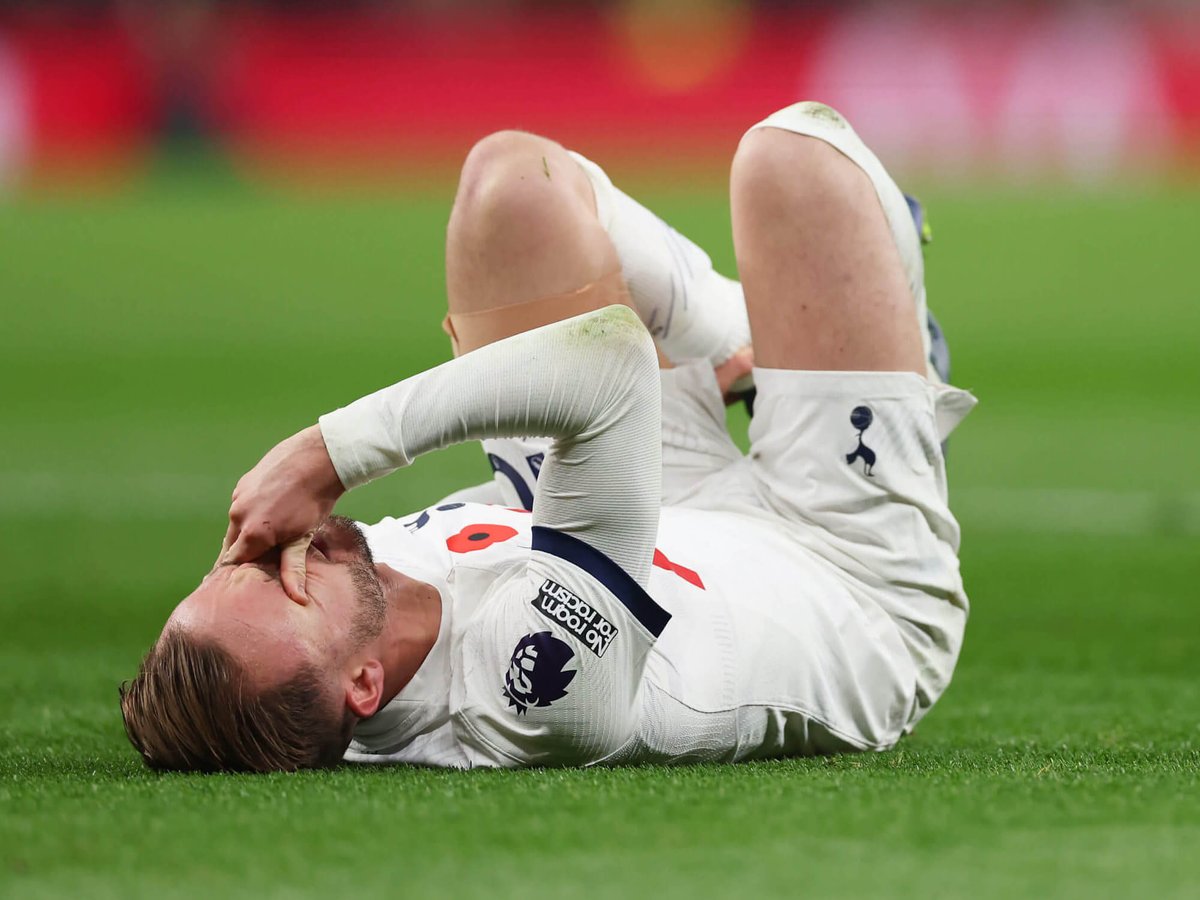The Tottenham Spurs lost 4-1 against Chelsea F.C. on Nov. 7, their first defeat in their undefeated season. Yet, this match was much more than the first loss for the Spurs; the match showed the clear flaws of the Premier League regarding their VAR and referee rules. In order for the Premier League to improve and contribute towards the development of football, there are clear changes they need to make within their league regulations.
At the start of the current 2023-24’ season, the Premier League association introduced a variety of new rules and regulations regarding the games. Mainly, the new rules achieve two things: strengthening the VAR system and empowering the referees’ status in games.
The new rules included that now players could not crowd up on referees to complain and could only communicate through the captains, which limited communication between referees and players. Another major change was to the standard of fouls, as now referees had the power to give players cards for unsporting behavior.
Prior to this game, experts and fans predicted that Tottenham Hotspurs would dominate the game, in continuity with their undefeated streak against Chelsea, placed in the mid-table as 13th in the league.
The first 30 minutes of the game was as predicted. Spurs winger Dejan Kulusevski scored a goal in the 6th minute, giving Tottenham a 1-0 lead. However, in the 33rd minute, Rahim Sterling, Chelsea’s winger, scored a goal to even the game. Although the goal was canceled after the referees deemed Sterling’s position as an offside, the VAR system suddenly decided that Christian Romero, Spur’s center back, committed a foul in the penalty area, giving Chelsea a penalty.
However, seen from the VAR system footage and replays, Romero had made contact with the ball first and stepped on Enzo Fernandez’ ankle after as a follow through that was not intended. Due to this decision, Romero was given a red card, which marked the beginning of Tottenham’s downfall. Without Romero, Destiny Udogie played more aggressively, which also led to him being sent off. With only nine players remaining, Tottenham was utterly destroyed by Chelsea, losing by 4-1 at full time.
Throughout the whole game, Tottenham Spurs had two goals – one by Heung-Min Son, and the other by Eric Dier – that were ruled offside. Chelsea also had one disallowed goal scored by Sterling. If these goals had counted earlier on, the flow and result of the game could have been completely different. This shows how the VAR system disallows a lot of goals, which impacts the flow of games and also the decreased morale of the players when goals are disallowed.
The VAR system was first implemented in the Premier League in the 2020-21’ season, but has seen little to no improvements since then. The additional layer of referees slows down the games’ pace, taking extremely long to make decisions. Last year, the VAR system made six errors out of forty two, which is quite high, considering the comparatively low-scoring nature of football.
Another new rule that was implemented in the Premier League this year was the increased stoppage time, where all periods of times when the ball was stopped would count towards the stoppage time at the end of both halves. The increase of referee intervention in games along with the increased usage of the VAR system meant that the stoppage time was far longer than last season. This makes the games more tiring for players and makes them vulnerable to injuries, since their muscles would be used for almost twenty more minutes. In this game against Chelsea, Tottenham lost two of their key players, Micky van de Van and James Maddison, due to hamstring and ankle injuries.
Not only that, player injuries have risen exponentially compared to last season due to the arbitrary standards of fouls that differ among referees. All referees are human and are prone to internal biases.Yet, the irony of the current Premier League rules is that in order to mitigate human error, they have implemented the VAR system, yet have simultaneously put more power and control in the referees’ hands. Throughout the match, Michael Oliver, the main referee on field, had a very lenient stance on fouls, not blowing his whistles for any aggressive plays. This led the game into a very physical game, as players did not know the standard of what a foul was.
The Premier League must do two things to improve the game of football. First, the referee system should be stricter, with more consequences to referees who have bad calls. Few weeks ago, Anthony Taylor, a referee infamous for terrible decisions, was relegated to the Premiership due to a bad call in his previous game; however, the punishment of relegation only lasted one gameweek, allowing him to return in the next one to make more controversial refereeing.
Second, the VAR system should either be used minimally or removed, in order to improve the pace and entertainment of soccer matches. Not only does VAR actively harm the players’ morale and health, but it also ruins the nature of soccer, which isn’t about whose foot was how many centimeters closer to the goal line, but rather about dynamic and fluid interplay between skill, teamwork, and strategy on the field.


